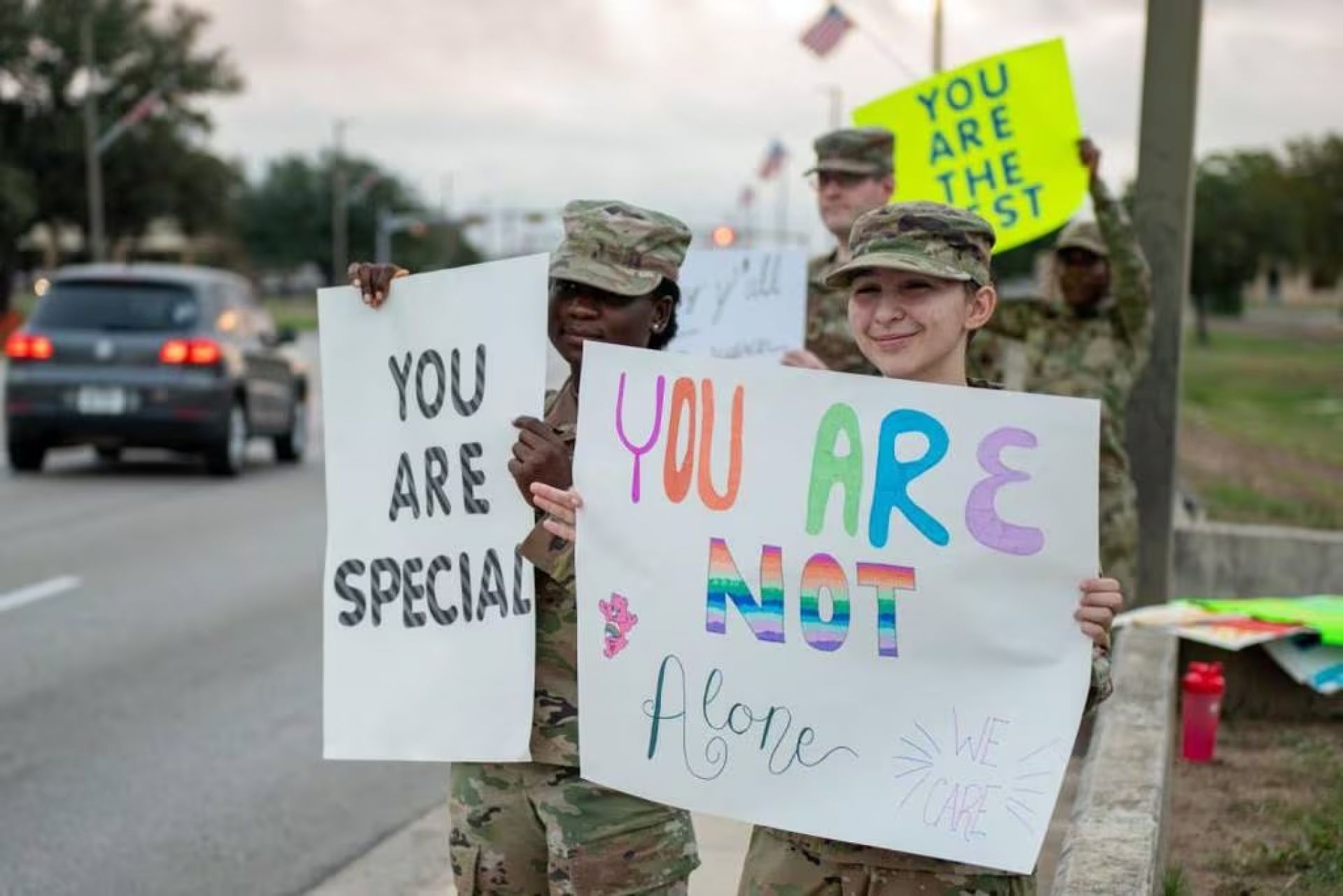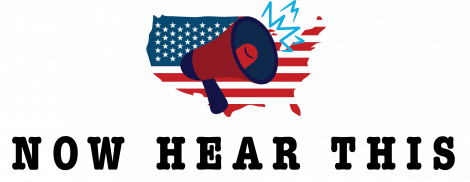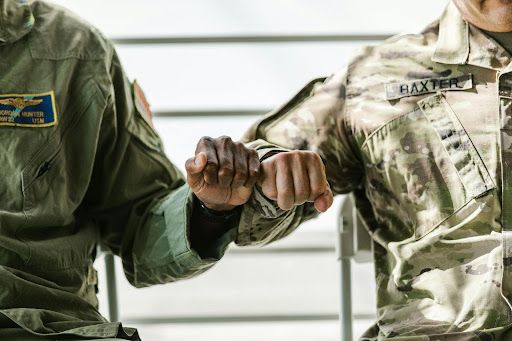Publisher's Corner

Guest Viewpoint
Well, that felt good.
Lawmakers press for more outside help in stopping veteran suicides

Lawmakers frustrated with federal officials’ lack of progress in preventing veterans suicides suggested on Tuesday that more of the $16 billion allotted for those outreach efforts be given to outside community groups, saying that increased urgency is needed in addressing the problem.
“We’ve been parked on more than 6,000 veteran deaths for 20 years now, and that’s way too many,” said Rep. Morgan Luttrell, R-Texas, and a Navy veteran, during a House Veterans’ Affairs Committee hearing. “We’ve known the underlying factors. So why is it, 20 years later, we’re just now trying some new approaches?”
Last month, Department of Veterans Affairs researchers said the suicide rate among veterans rose slightly in 2021 despite continued focus on the problem from agency leaders and programming. An estimated 17.5 veterans died by suicide every day in 2021, which translates into nearly 6,400 preventable veteran deaths that year.
That total was the second lowest since 2007, a point that VA officials have emphasized in recent weeks to downplay concerns about the still-high numbers.
But lawmakers said incremental improvements aren’t enough given the thousands of veterans being lost to suicide.
“You guys need to do more,” Rep. Derrick Van Orden, R-Wisc., and a Navy veteran, told VA officials testifying at the hearing. “If that means we halve your staff, take those salaries and benefits and give it to outside groups, then that’s it. … I understand you’re trying, but if you’re not showing results, you have to go.”
VA officials defended department efforts, noting the complexity of the problem of suicide prevention and the significant effort focused on the problem.
“This is our top clinical priority and our top priority, period,” said Dr. Erica Scavella, VA’s assistant undersecretary for health for clinical services. “We’re committed to fixing this.”
Part of that work has been distributing $174 million in suicide prevention grants to community groups over a five-year period. In September, VA announced the $52 million in new grants to 80 community-based organizations in 43 states, the District of Columbia, Guam, and American Samoa. These organizations receive up to $750,000 and provide non-clinical support to veterans and families.
Ken Falke, founder and chairman of Boulder Crest Foundation — a grant recipient — said the grant program is a step forward but remains too restrictive and too limited in its scope.
His organization runs 48 “post-traumatic growth” programs for veterans nationwide, but the grant limits mean that only 12 of them can be funded with federal support. Several lawmakers questioned whether money for other VA-run outreach efforts would be better spent in those kinds of established community programs.
But committee members warned that groups need to show they are producing results with taxpayer money to justify future funding.
“VA isn’t going to solve this problem by itself,” said Rep. Julia Brownley, D-Calif. “This program could be wildly successful, but it could be a financial failure as well. We have to approach this in a data-driven, continuous improvement model, to make sure every grantee is continually improving that program. And I don’t know if VA has the capability to do that.”
Department officials expect to issue a report on the Staff Sergeant Parker Gordon Fox Suicide Prevention Grant Program early next year, ahead of congressional debates on whether to reauthorize — or increase — the program.
Veterans in need of emergency counseling can reach the Veterans Crisis Line by dialing 988 and selecting option 1 after connecting to reach a VA staffer. In addition, veterans, troops or their family members can also text 838255 for help, or visit VeteransCrisisLine.net for assistance.





